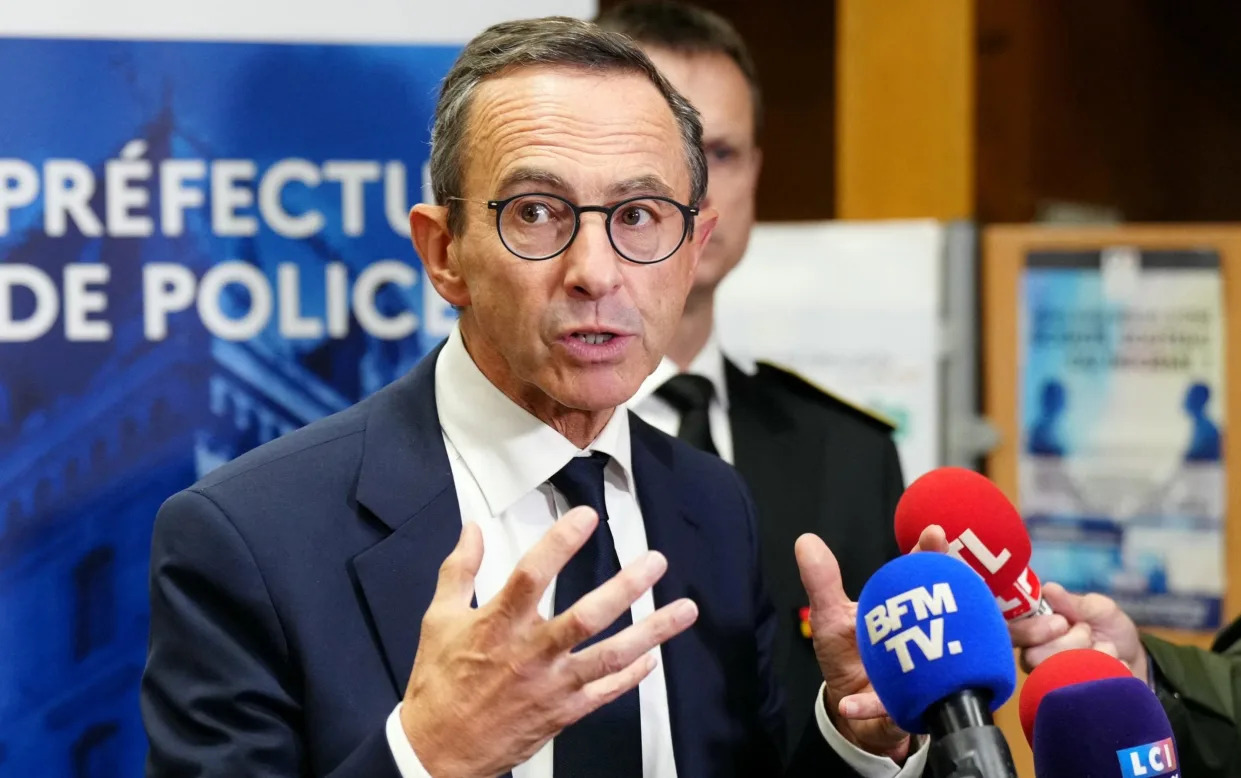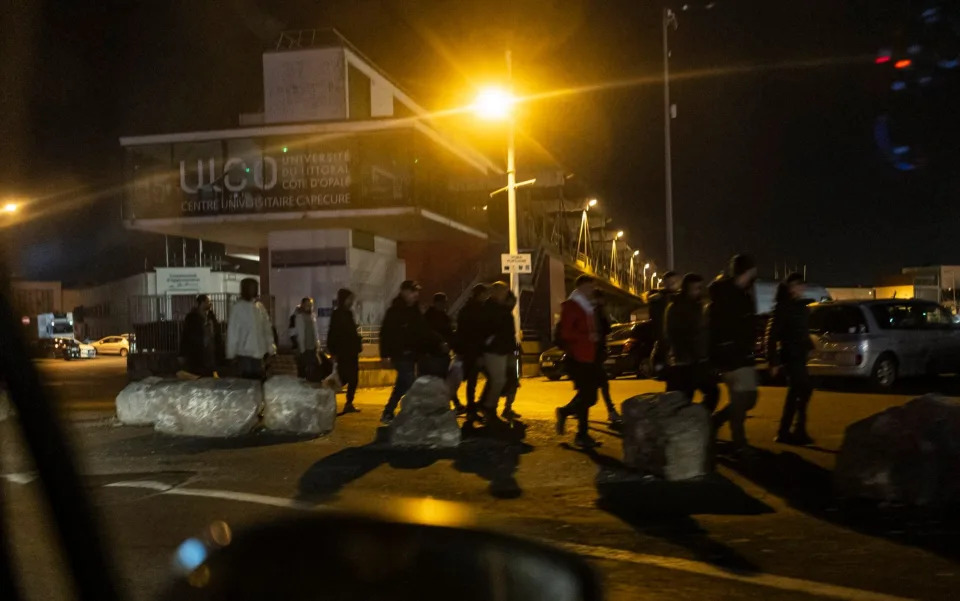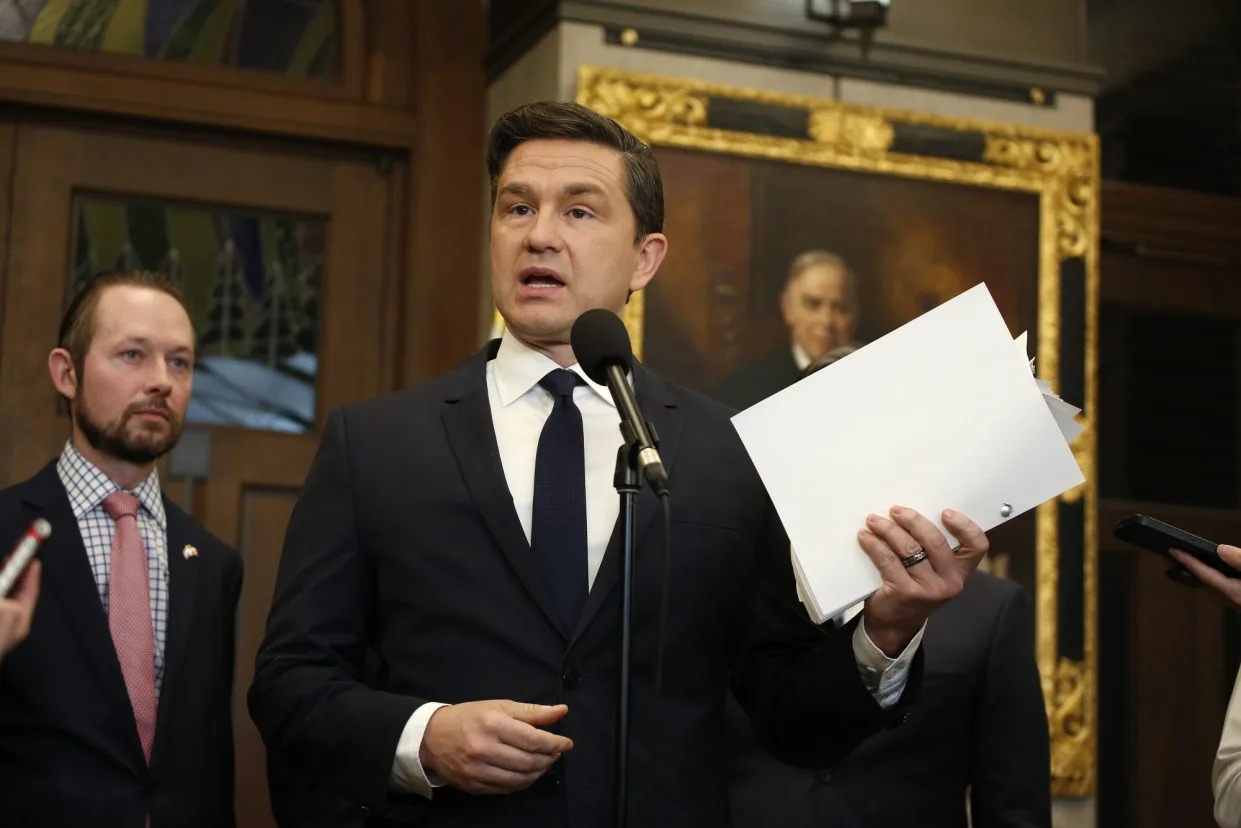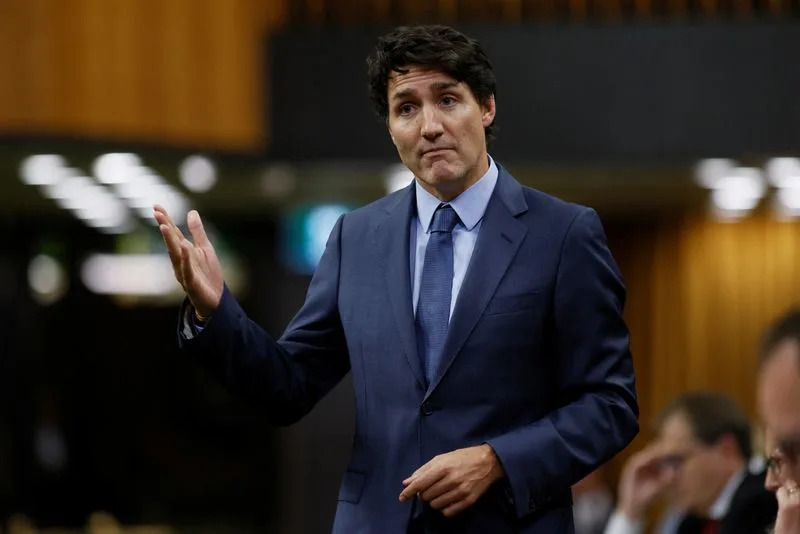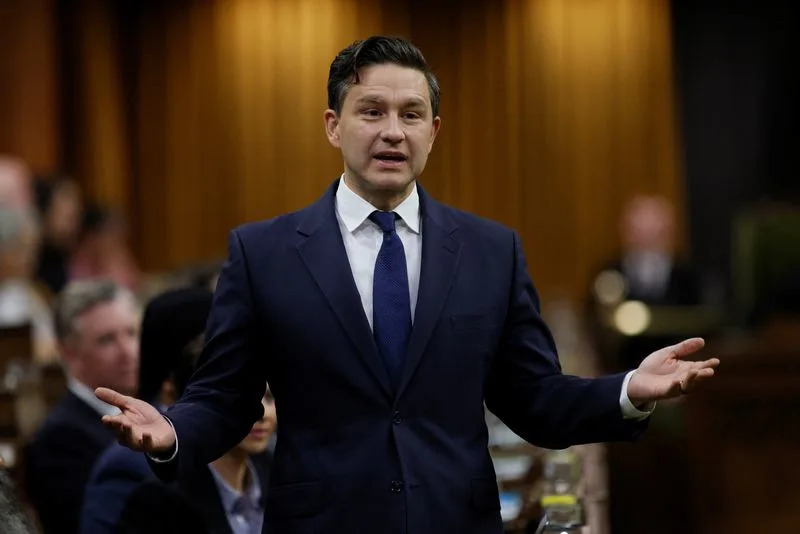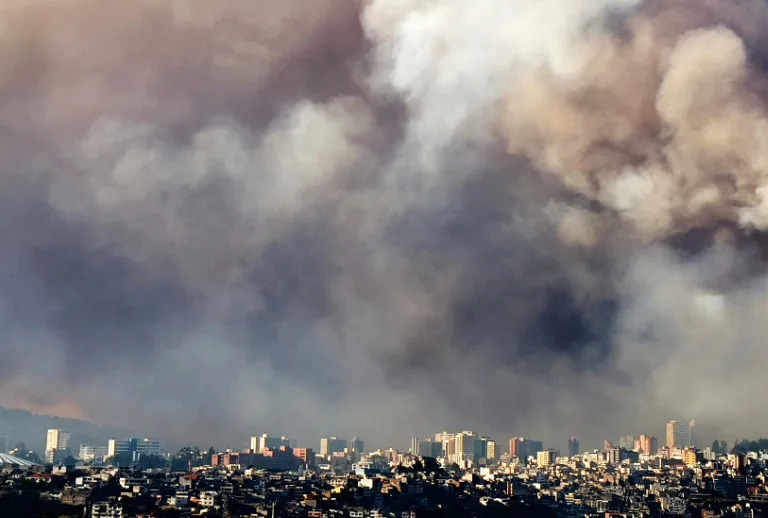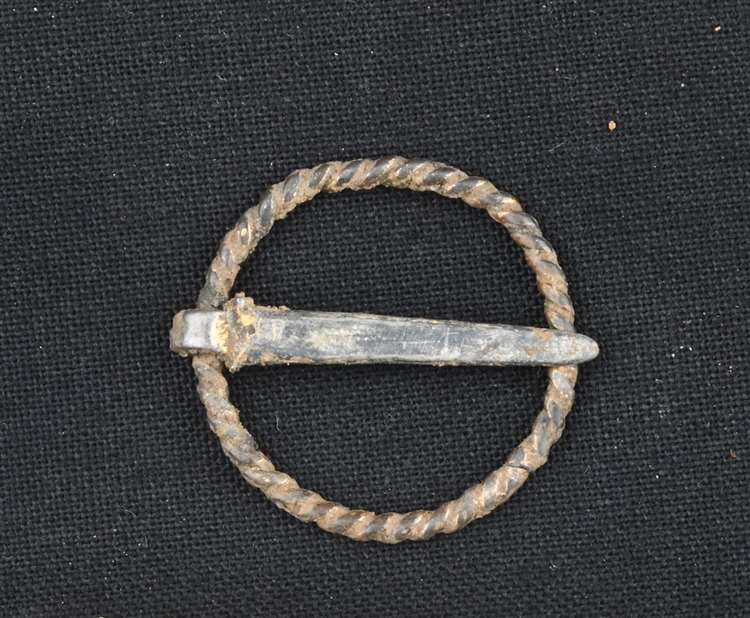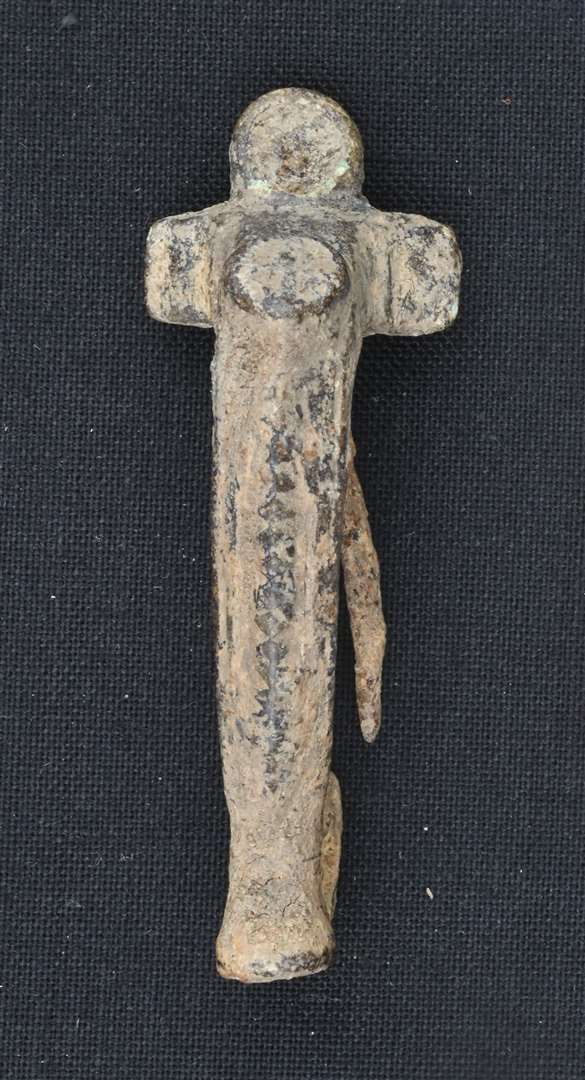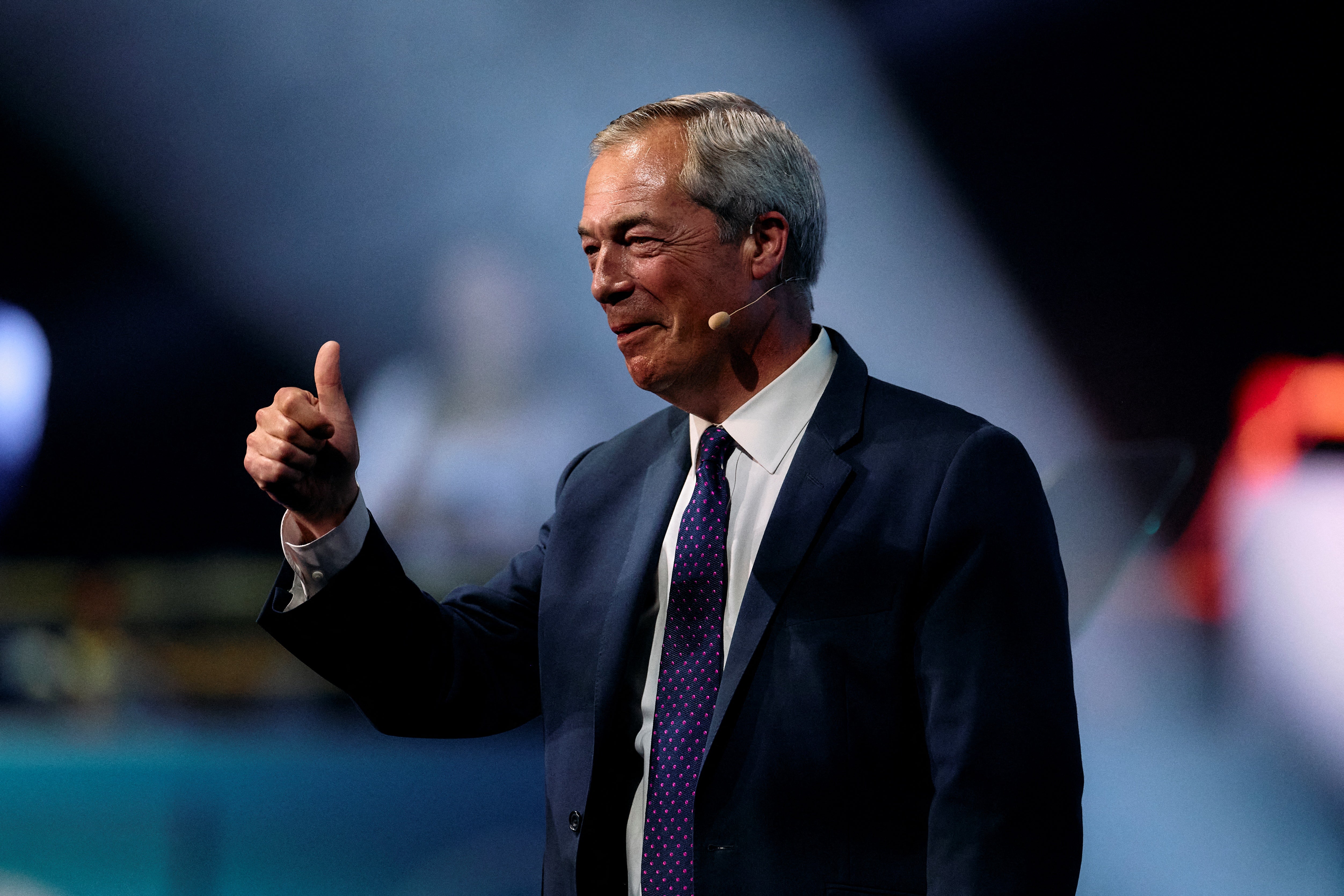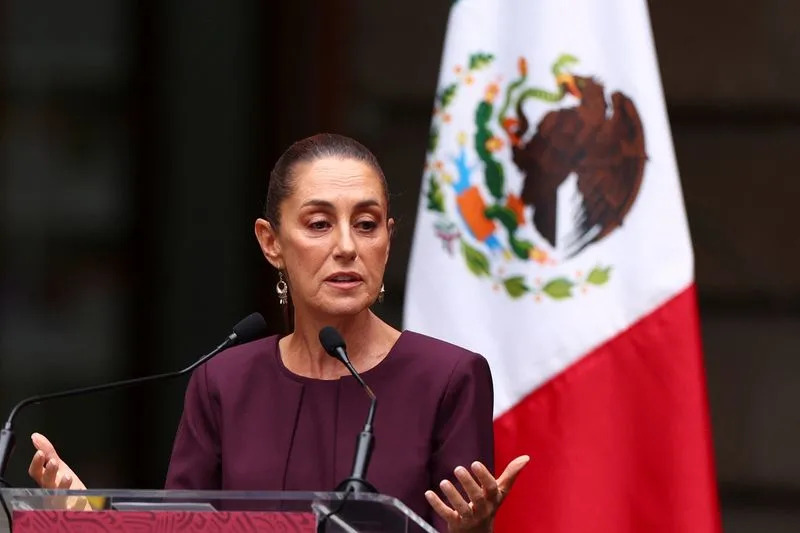
Mexico's President-elect Sheinbaum speaks at inauguration of Museo Vivo in Mexico City
By David Alire Garcia and Belén Carreño
Wed 25 September 2024
MEXICO CITY/MADRID (Reuters) - A fight dating back more than five centuries reemerged on Wednesday as Mexico's incoming president defended a decision to not invite the Spanish king to her inauguration next week after the monarch declined to apologize for colonial-era abuses.
Spain's Prime Minister Pedro Sanchez also weighed in earlier in the day, describing the snub as "unacceptable," less than a week before Mexican President-elect Claudia Sheinbaum's Oct. 1 swearing-in ceremony.
In a rare rebuke on Tuesday, the Spanish government announced it would not send any representative to the event.
The diplomatic spat threatens to cast a pall over Sheinbaum's inauguration in Mexico City, once the seat of Spain's vast colonial holdings in the Americas after Spanish invaders and their native allies toppled the Aztec capital of Tenochtitlan in 1521.
Mexico City was built over the ruins of the Aztec metropolis.
In a two-page letter posted to social media on Wednesday, Sheinbaum wrote that only Prime Minister Sanchez had been invited, in part because King Felipe VI did not directly respond to a personal letter that the outgoing Mexican president sent the monarch in 2019.
In that letter, President Andres Manuel Lopez Obrador, a close Sheinbaum ally, asked the king to "publicly and officially" recognize the abuses committed during the conquest of Mexico in order to chart a friendlier new course between the countries.
"Unfortunately, that letter did not prompt any direct answer," wrote Sheinbaum, who noted she spoke with Sanchez a few days earlier.
In 2019, Lopez Obrador was seeking to organize an event in 2021 that would mark the anniversaries of the conquest, Mexico's 19th century independence from Spain, as well as the founding of Tenochtitlan in the 1300s.
At the time, he also sought a similar apology from Pope Francis for atrocities committed against Mexico's indigenous population as well as the repatriation of pre-Hispanic books and other artifacts held in European museums and libraries.
Francis did not respond to Lopez Obrador but has previously apologized for the "many grave sins (that) were committed against the native people of America in the name of God."
After Lopez Obrador reiterated his request for a formal apology shortly after his letter was made public, Spain's foreign ministry rejected it, arguing that the conquest should not be "judged in light of contemporary considerations."
The outgoing Mexican president has often invoked the Spanish conquest to rally nationalist sentiment, stressing that Mexico is no longer any country's colony.
On the sidelines of the U.N. General Assembly annual session in New York on Wednesday, Sanchez was asked by reporters if Spain should apologize, but he sidestepped the question.
"We can't accept this exclusion, and that's why we informed the Mexican government that the absence of any diplomatic representative of the Spanish government is a sign of protest," said Sanchez.
"Not only do we consider it unacceptable, its inexplicable," he added.
(Reporting by David Alire Garcia in Mexico City and Belén Carreño Bravo in Madrid; Editing by Sonali Paul)













